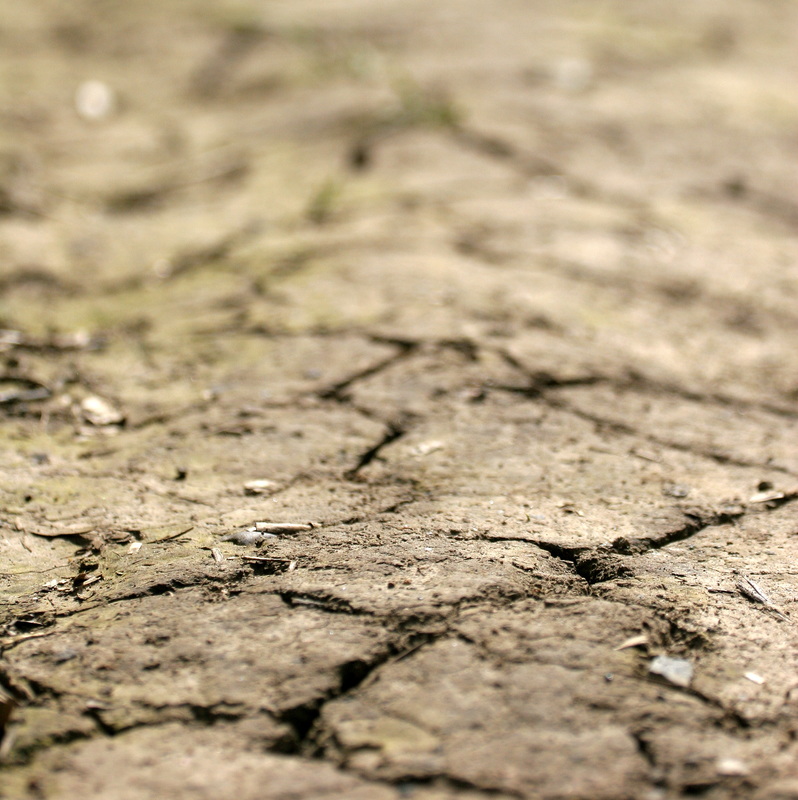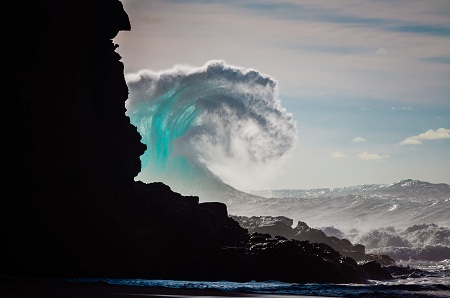Most people probably haven’t heard of it. Yet, desertification, along with drought, are part of the most challenging environmental issues of our time.
The fight against droughts and desertification is one the achievements of the Millennium Development Goals.
WHAT IS DROUGHT? WHAT IS DESERTIFICATION?
Droughts can be defined as extended period of lack of rainfall. Desertification is the persistent degradation of dryland ecosystems by human activities and by climate change.
WHAT CAUSES IT?
Desertification can be caused by multiple factors direct and indirect factors. It occurs when arid and drylands, which are naturally vulnerable, are used inappropriately and over-exploited: unsustainable farming, mining, overgrazing are amongst the causes of soil degradation and desertification.
WHICH CONSEQUENCES CAN DROUGHTS AND DESERTIFICATION BRING?
Droughts are increasing worldwide. Desertification is also one of the most severe and most serious problems we are now facing.
The lack of rainfall, along with mismanagement of land will lead to food insecurity, water scarcity, increase of the risks of climate change and ultimately an increase of hunger and poverty in the affected regions.
Due to drought and desertification, each year 12 million hectares are lost, where 20 million tons of grain could have been grown.
The affected populations are now starving, while there is a substantial amount of land that could be used for growing food.
Therefore, there is an urgent need for a better and more sustainable management of the soils. Actions are essential for the effective eradication of poverty.
WHERE IS IT HAPPENING?
Almost half of the terrestrial land of the world’s surface is comprised of of drylands, according to the World Atlas of Desertification by the United Nations Environment Programme. Drylands are the more vulnerable regions for drought and desertification.
Drought and desertification are increasing phenomena in all regions, but especially in Africa, where they are responsible for the poor sustainable development in that continent.
East and Southern Africa, for instance, are experiencing the worst drought in recent decades. The affected populations now face food shortages and hunger. Since the economy in Africa is mainly based on agriculture, and being many of the farmers affected by poverty, the management of the lands is many times not the best.
But not only Africa is affected by desertification. Europe is also threatened by this phenomenon, especially Mediterranean countries, where traditional agricultural practices have triggered land degradation and soil erosion.
WHAT WE CAN DO TO COMBAT DROUGHTS AND DESERTIFICATION
To protect ourselves from droughts, there is much we can do in terms of water conservation.
700 million of people are affected by the water shortages in 43 different countries. We can take part in changing the management of water.
Everybody can take part in saving water. For example, by using rainwater to water the plants and the garden, fixing water leaks and by generally responsible when using this natural resource. At an national and international level, much can be done to promote water preservation and engage with water re-use.
As for desertification, across the globe, there are up to 2 billion hectares of land, equivalent to twice the size of China that could be restored and rehabilitated globally.
Forests, for instance, are also one of the keys to recovering from desertification. About 30 per cent of the world’s surface is covered by forests. Since the 21st century, 5 million hectares of forests have disappear per year from natural causes and 13 million disappear because of the human development. The reduction of the use of wood and tree and land regeneration can be the first steps to fight against desertification.
ENGAGE PEOPLE AND ORGANISATIONS
While many countries fight for soil protection and sustainable land management, we must be all united to support them with all our energies.
Many lives are at risk. Therefore there is a need to attract attention by promote public awareness to combat desertification and the effects of drought.
This international day was created as part of the global concern to protect our planet.




